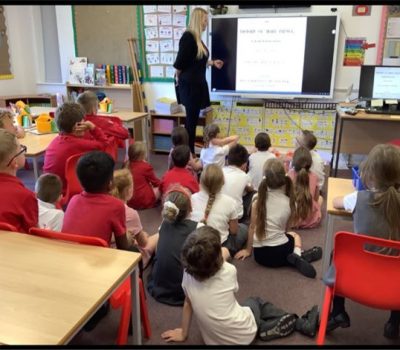


Our team sorts through all blog submissions to place them in the categories they fit the most - meaning it's never been simpler to gain advice and new knowledge for topics most important for you. This is why we have created this straight-forward guide to help you navigate our system.


And there you have it! Now your collection of blogs are catered to your chosen topics and are ready for you to explore. Plus, if you frequently return to the same categories you can bookmark your current URL and we will save your choices on return. Happy Reading!
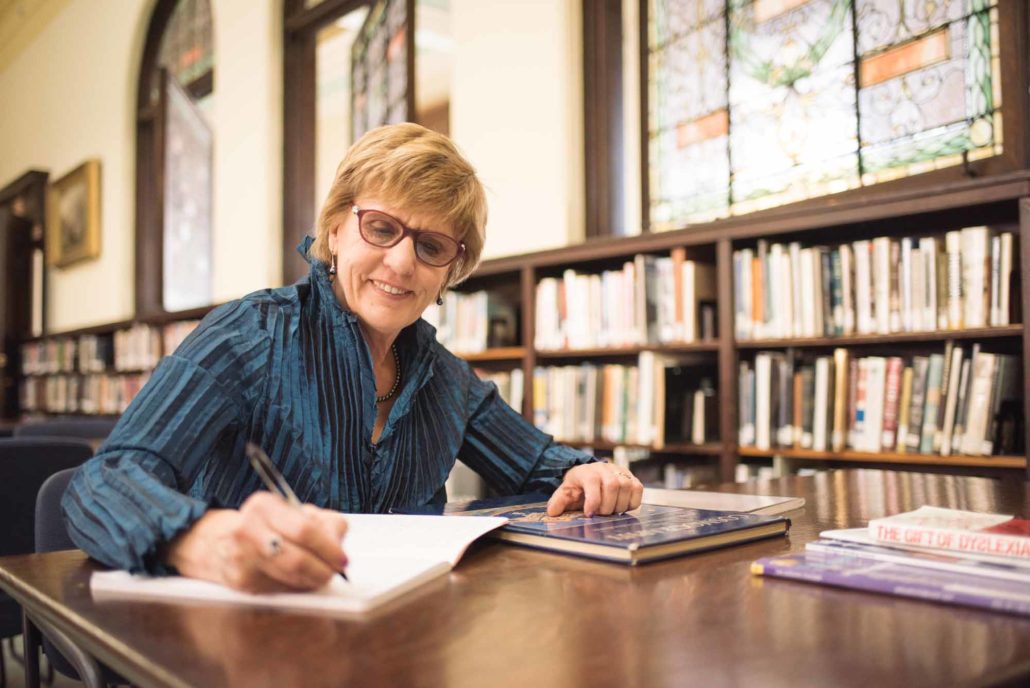
I’ve written about my son Nicholas before (read it here). He is now Dr. Nicholas Letchford, DPhil (Oxon) BSc (Hons) BEng (Hons) UTas.
But, he was once the “worst child seen in 20 years of teaching.” The school diagnostician branded him with this label…at seven years old.
Nicholas, now thirty, is a confident, delightful, knowledgeable man, and married to an equally wonderful woman, Lakshmi. He talks with passion about mathematics, engineering, and the challenges of the modern world.
It is only when I ask him about his early schooling education that he seems to shut down.
In 1994, first grader Nicholas’s learning hit rock bottom. He withdrew in class, a place where his teacher shouted at him. He stared into space, which earned him even more shouting, and by the end of the year, he could only read ten words. In hindsight, his teacher destroyed him.
Finally, there was a turning point. In 1995, my husband had study leave in Oxford. Our family joined in, leaving our home in Australia. I decided to teach Nicholas at home. Of course, my initial efforts at teaching regular phonics instruction ended in failure—abject failure. I was no different than his classroom teacher.
It was at this point—the turning point—when my mother-in-law said to me, “Lois, make learning fun.”
Her words caused me to re-evaluate what I was doing. I began writing poems; simple rhyming poetry which Nicholas and his grandmother then illustrated. My teaching transformed as we investigated simple poems, then expanding to follow more complex ideas, like the changing map of the world. He was beginning to make different connections while appreciating maps and world history. This became our inquiry project. By tapping into Nicholas’s curiosity, immersing him in language and learning, as well as providing meaningful experiences through seeing various museums, artefacts, and libraries, his love of learning grew.
I found a series of books which helped me teach him to decode words: Hear it, See it, Say it, Do it! by Mary Atkinson. The books were brilliant, and Nicholas and I were finally able to connect through the multi-sensory word games.
Nicholas and I enjoyed this learning—both in the short and, amazingly, the long term.
Yet, long-term—like today—still brings up painful memories. I recently asked Nicholas about his early learning experiences he dissolved into tears.
Twenty three years after his poor schooling, he still could not talk about the pain or the scars left from those years.
When I asked about his reading teacher, he responded with a quick, “I don’t remember her!”
“Nicholas,” I said, “You visited her four days a week, for 30 mins a day…for four years!”
“Ahh,” he said, searching for this memory. “Yes…she was a witch.”
Recalling his early learning from living in Oxford in 1995, Nicholas talked about a growing passion for learning, a lifetime love of mapping, and enjoying poetry. He remembered some of the poems, the fun he had illustrating, and thinking beyond the poetry. He even remembered that he wrote ingredients for a witches spell!
With this type of learning, he became emotionally involved, and this time in our lives determined the trajectory for his future.
So, when we have these young lives in our hands, we know what has to be completed in terms of learning. But how are we doing to do it? What memories are we creating today for our students to recall tomorrow?

The author

Read more

Read more

Read more

Read more

Read more
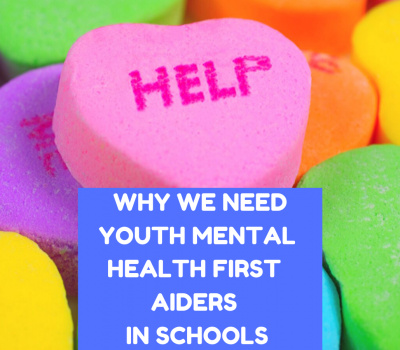
Read more
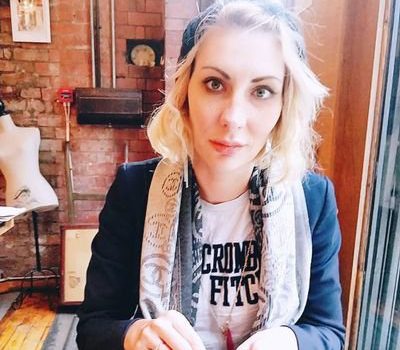
Read more
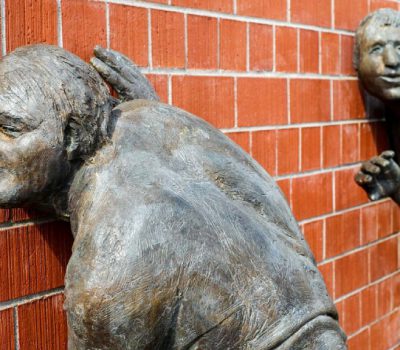
Read more


Are you looking for solutions? Let us help fund them! Nexus Education is a community of over 11,000 schools that come together to share best practise, ideas and CPD via online channels and free to attend events. Nexus also offers funding to all school groups in the UK via nexus-education.com


Established in 2011, One Education is a company at the heart of the education world, supporting over 600 schools and academies. Our unique appeal as a provider is in the breadth and synergy of the services we offer, supporting school leaders, teachers and support staff to achieve the best possible outcomes for their pupils and staff.

School Space is a social enterprise that has empowered schools for over 12 years through their profitable and hassle-free lettings services. So far, they’ve generated over £5 million in revenue for education, helping to connect over 200 schools with their local communities.


Unify is an online sales and marketing tool that allows users to create tailored personalised documents in moments.


There’s nothing special about the energy we sell. In fact, it’s exactly the same energy as all our competitors provide. But there is something special about the way we do it. Where others complicate the process, we simplify it. Where others confuse customers with hidden terms, we’re an open book. And where others do all they can to make as much money from their customers as possible, we do all we can to make as little. Everything we do, we do it differently. Our customers are a privilege. One we’ll never take advantage of.


Securus provide market-leading monitoring solutions to safeguard students on ALL devices both online and offline. We also offer a full monitoring service, where we carry out the monitoring on behalf of the school, freeing up valuable staff resources. From the smallest school to large MAT groups, Securus offers safeguarding protection for all!


Bodet Time offers dedicated solutions to education through lockdown alerts, class change systems, PA and synchronised clock systems. Improving time efficiency of the working and school day; ensuring safety through lockdown alerts; increasing communication with customised broadcast alerts.


Robotical makes Marty the Robot - a walking, dancing coding robot that makes programming fun and engaging for learners as young as 5. Our robots come with a full Learning Platform that has complete teaching resources, to make lesson planning a breeze.